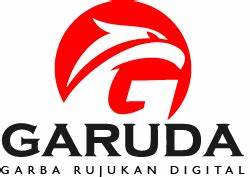Analysis of bio-briquette preparation from teak tree (Tectona grandis Linn. f)
DOI:
https://doi.org/10.33005/ijeise.v3i01.58Keywords:
ANOVA, biomass energy, carbonization, calorific value, solid fuelAbstract
The government has taken energy deflation seriously and is trying to find solutions by implementing energy efficiency and utilizing renewable energy sources. That action also supports the procedure to save the world from the ongoing climate crisis. One of Indonesia’s potential renewable energy sources is biomass, which can be in the form of plantation waste such as teak branches. Based on the analysis results, charcoal made from teak branches had a carbon content about 62.5968%, so it was pretty potential to be used as raw material for bio-briquettes. In this research, bio-briquette from teak branches' charcoal using tapioca binder has been successfully carried out. The manufacture of bio-briquettes was studied by observing the effect of the size parameters of teak charcoal and binder ratio on the heating value and water content of briquettes. The analysis results showed that these two parameters significantly affected the quality of teak branches' bio-briquette. In the ranking, the particle size was much more significant in influencing the calorific value of bio-briquettes, while the binder ratio had more influence on the water content value. The obtained bio-briquettes' calorific value and water content have met the established standards.










